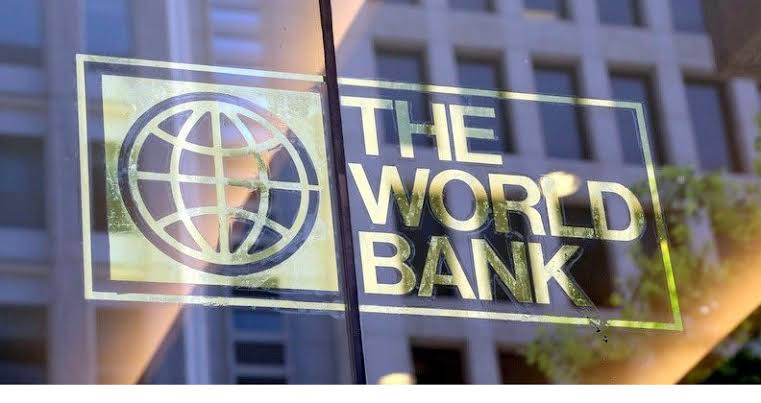
The World Bank has earmarked $40 million to bolster financial protection for Nigeria’s poor and vulnerable under a new health programme backed by a loan facility.
According to findings, the initiative is part of a broader \$500 million credit from the International Development Association (IDA), alongside a \$70.01 million grant from the Global Financing Facility. The project, approved by the World Bank on September 26, 2024, is titled Human Capital Opportunities for Prosperity and Equality – Health Programme-for-Results (HOPE-Health-PforR) and is scheduled to run until June 30, 2029.
The \$40 million is specifically tied to Disbursement Linked Indicator 3 (DLI 3), which is aimed at enhancing financial protection for impoverished Nigerians through health insurance schemes and similar safety nets. The funding is performance-based, meaning the Federal Government will receive the disbursement only if certain targets are met and verified — with subsequent release to eligible states.
This allocation falls under Result Area 2 of the programme, which focuses on increasing the use of essential health services. In total, \$272.5 million has been committed to this area, comprising \$239 million in IDA credit and \$33.5 million in grants.
The World Bank noted that DLI 3 is designed to be scalable and time-sensitive, with disbursements contingent on meeting timelines and implementation milestones. The broader goal of the HOPE-Health programme is to improve access to quality healthcare while strengthening Nigeria’s health system, especially for women, children, and underserved communities.
The programme also seeks to promote equity in service delivery by enhancing maternal and child health, expanding digital health infrastructure, and driving institutional reforms at federal and state levels.
In addition to financial protection, the project includes support for deploying public health fellows across all 774 Local Government Areas, scaling digital health platforms, and implementing maternal health innovations in climate-affected and underserved regions.
A component of the programme funded through Investment Project Financing will provide technical assistance to institutions such as the National Primary Health Care Development Agency and the National Health Insurance Authority to boost their capacity.
The programme adopts a Sector-Wide Approach, aligning efforts by development partners and national stakeholders under a single implementation framework.
With out-of-pocket expenses still dominating Nigeria’s healthcare financing, the \$40 million intervention is seen as crucial in easing the financial burden on the most vulnerable. However, actual disbursement hinges on the achievement of enrolment targets and measurable progress in shielding low-income Nigerians from devastating healthcare costs.
According to the World Bank’s Africa’s Pulse report released in April 2025, poverty in Nigeria and other resource-rich but fragile countries is expected to rise by 3.6 percentage points between 2022 and 2027.








